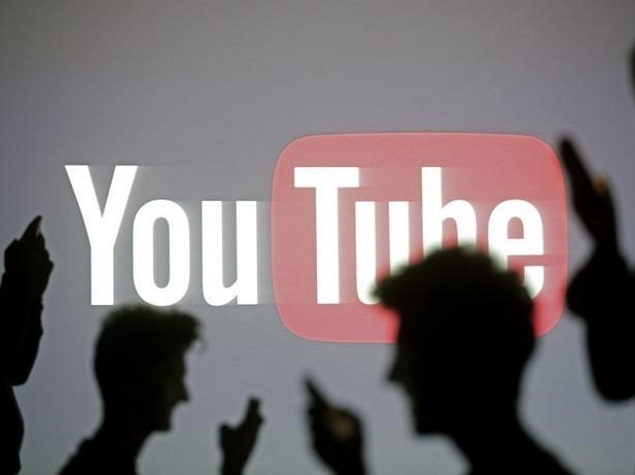- Home
- Internet
- Internet News
- US Court to Revisit Order to Remove Anti Islamic Film From YouTube
US Court to Revisit Order to Remove Anti-Islamic Film From YouTube

Earlier this year a three-judge panel on the 9th U.S. Circuit Court of Appeals in San Francisco sided with a woman who appeared in the film and ordered Google to take it down. An 11-judge panel will now rehear the YouTube case, the court said on Wednesday.
The plaintiff, Cindy Lee Garcia, objected to the film after learning it incorporated a clip she had made for a different movie, which had been partially dubbed and in which she appeared to be asking: "Is your Mohammed a child molester?"
On Wednesday, Garcia's attorney Cris Armenta said her legal team will continue to advance Garcia's copyright interests and "her right to be free from death threats." In a statement, Google said it is pleased the court agreed to reexamine the case because it strongly disagreed with the initial decision.
By a 2-1 vote, a 9th Circuit panel rejected Google's assertion that the removal of the film "Innocence of Muslims" amounted to a prior restraint of speech that violated the U.S. Constitution.
The decision raised questions on whether actors may, in certain circumstances, have an independent copyright on their individual performances. Several organizations, including Twitter, Netflix and the ACLU, filed court papers opposing that idea and urging the court to rehear the case.
The controversial film, billed as a trailer, depicted the Prophet Mohammed as a fool and a sexual deviant. It sparked a torrent of anti-American unrest among Muslims in Egypt, Libya and other countries in 2012.
That outbreak coincided with an attack on U.S. diplomatic facilities in Benghazi that killed four Americans, including the U.S. ambassador to Libya. For many Muslims, any depiction of the prophet is considered blasphemous.
In court filings, Google argued that Garcia appeared in the film for five seconds, and that while she might have legal claims against the director, she should not win a copyright lawsuit against Google.
The film has now become an important part of public debate, Google argued, and should not be taken down.
© Thomson Reuters 2014
Get your daily dose of tech news, reviews, and insights, in under 80 characters on Gadgets 360 Turbo. Connect with fellow tech lovers on our Forum. Follow us on X, Facebook, WhatsApp, Threads and Google News for instant updates. Catch all the action on our YouTube channel.
Related Stories
- Samsung Galaxy Unpacked 2026
- iPhone 17 Pro Max
- ChatGPT
- iOS 26
- Laptop Under 50000
- Smartwatch Under 10000
- Apple Vision Pro
- Oneplus 12
- OnePlus Nord CE 3 Lite 5G
- iPhone 13
- Xiaomi 14 Pro
- Oppo Find N3
- Tecno Spark Go (2023)
- Realme V30
- Best Phones Under 25000
- Samsung Galaxy S24 Series
- Cryptocurrency
- iQoo 12
- Samsung Galaxy S24 Ultra
- Giottus
- Samsung Galaxy Z Flip 5
- Apple 'Scary Fast'
- Housefull 5
- GoPro Hero 12 Black Review
- Invincible Season 2
- JioGlass
- HD Ready TV
- Latest Mobile Phones
- Compare Phones
- Tecno Pova Curve 2 5G
- Lava Yuva Star 3
- Honor X6d
- OPPO K14x 5G
- Samsung Galaxy F70e 5G
- iQOO 15 Ultra
- OPPO A6v 5G
- OPPO A6i+ 5G
- Asus Vivobook 16 (M1605NAQ)
- Asus Vivobook 15 (2026)
- Brave Ark 2-in-1
- Black Shark Gaming Tablet
- boAt Chrome Iris
- HMD Watch P1
- Haier H5E Series
- Acerpure Nitro Z Series 100-inch QLED TV
- Asus ROG Ally
- Nintendo Switch Lite
- Haier 1.6 Ton 5 Star Inverter Split AC (HSU19G-MZAID5BN-INV)
- Haier 1.6 Ton 5 Star Inverter Split AC (HSU19G-MZAIM5BN-INV)







![[Partner Content] OPPO Reno15 Series: AI Portrait Camera, Popout and First Compact Reno](https://www.gadgets360.com/static/mobile/images/spacer.png)









